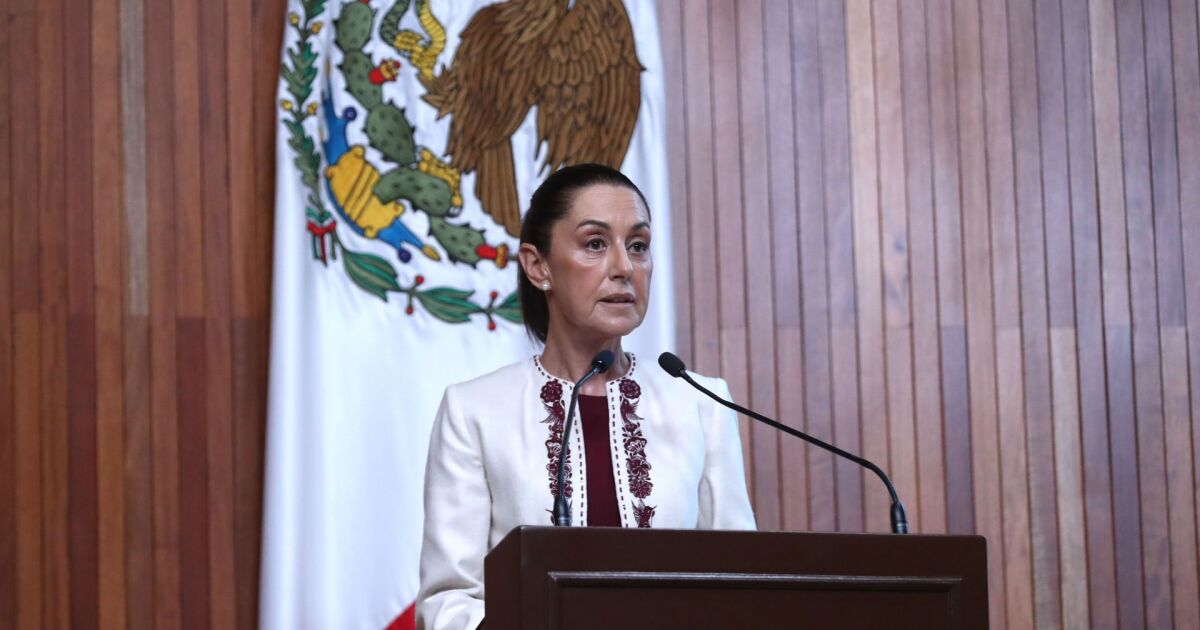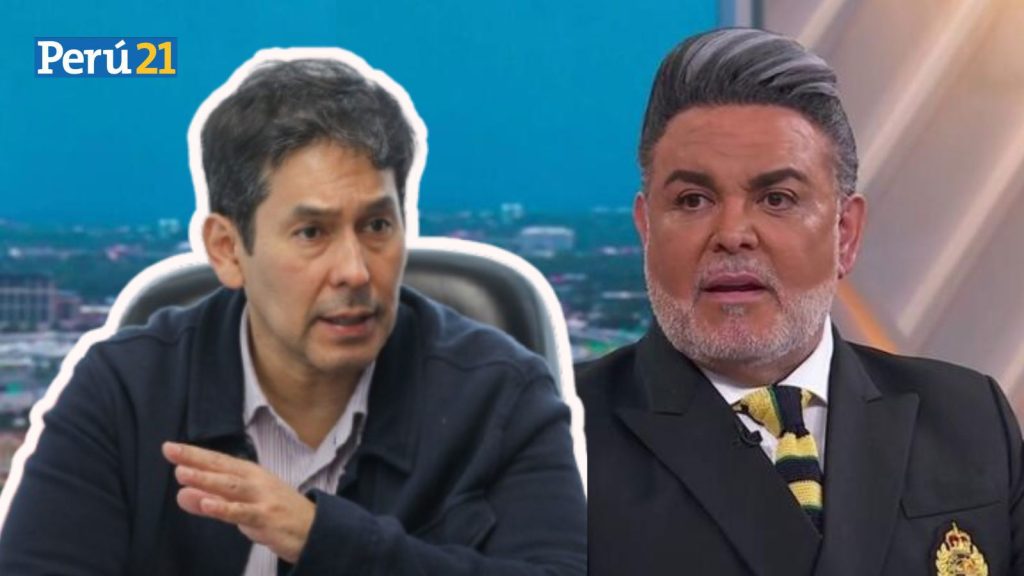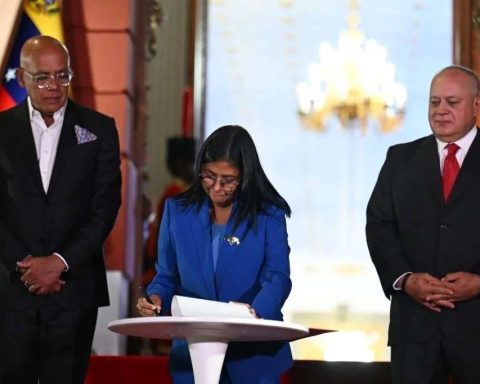“The possibility of a third of that body (the Chamber of Deputies) going to the Supreme Court of Justice of the Nation (SCJN) in an action of unconstitutionality is almost cancelled and in the Senate the possibilities are fragile…a power never seen before is approaching,” considers constitutionalist Diego Valadés.
Given this scenario, experts warn of a “hyperconcentration” of power in the Presidency, with the risk that there will be no checks and balances in the country.
It will be a hyper-concentration of power in the Presidency, which we are yet to see, because first they went for control of Congress and with the reform of the Judicial Branch the checks and balances will end.
Diego Valadés, constitutionalist.
“There is no longer any doubt: I believe that what is being sought is to control the judiciary from the executive branch, since the government practically has the legislative branch in its hands,” says Laurence Pantin, director of the Foundation for Justice and the Rule of Law.
Any counterweight is essential for any democratic system and all reforms have been aimed at eliminating them.
Laurence Pantin, Director of the Foundation for Justice and the Rule of Law.
The future of two powers at stake
The debate on the reform proposal put forward by President López Obrador on February 5 for the Judiciary, which includes the dismissal of all its executives in 2025 and 2027, will be decided in the Upper House.
In the Senate, Morena and its allies have 85 senators, and the opposition together has 43 seats: 22 from the National Action Party (PAN), 15 from the Institutional Revolutionary Party (PRI), five from the Citizen Movement (MC), plus the non-party senator Manlio Fabio Beltrones.
This entire opposition bloc represents exactly one third of that Chamber, but it could be lost if just one opposition senator joins the so-called “Fourth Transformation” group or decides to vote with it.
What is at stake, therefore, is much more than a constitutional reform. It is a decision that will affect the legislative and judicial powers, because in the Chamber of Deputies the opposition does not even reach a third.
“If there is no third party on the minority side that can promote an action of unconstitutionality, there will no longer be control of constitutionality in Mexico,” says political scientist and former governor of Tabasco, Arturo Núñez Jiménez.

















